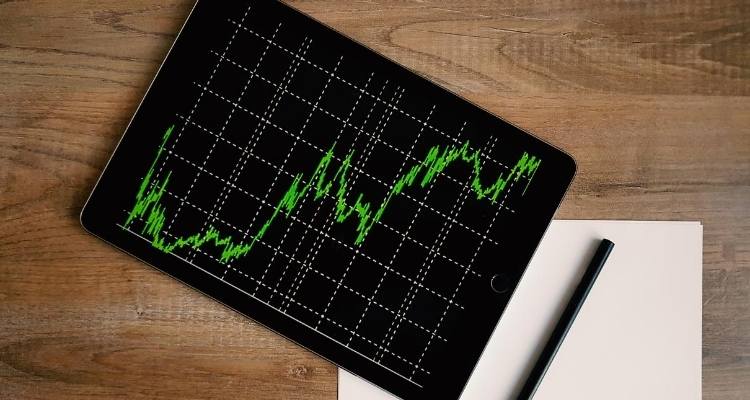As technological advances continue to be made apace, our lives are frequently adapting in order tobest utilize those developments. The phones we carry, the televisions we watch, even the cars we drive are constantly evolving as we remain focused on pushing the boundaries of what man and machine can achieve together.
That relentless drive is affecting almost every facet of modern society, and where the impact is arguably most significant is within the business world. A relatively recent revelation has been that of artificial intelligence (AI), which is offering a huge number of opportunities to organizations across a wide range of sectors.
It’s certainly begun to alter the landscape of the stock market, but how is AI being used by traders and brokers, and is it a reliable tool?
The rise of AI
According to Investopedia, AI can be defined as the“simulation of human intelligence in machines that are programmed to think like humans and mimic their actions.” It may sound like something out of a sci-fi horror, but if used correctly the results for traders can be anything but scary.
Thedevelopment of AI has meant that much larger volumes of data can be stored – and in a more cost-effective way. And it is in this data that traders and brokers can identify patterns or trends upon which to base their decisions in such a notoriously fluid market.
How AI is used in trading
In a 2019 report, Deloitte described AI as “the next frontier for investment management firms”and it’s hard to disagree with that sentiment, given its vast and varied uses in trading. As already touched upon, its analysis of large amounts of data in a matter of seconds can help to identify patterns far quicker than any human could.The industry is already making use of this in order to modernize their approach to a more connected factory, a concept known as Industry 4.0. The Internet of Things which is meant to connect people and the machines they are working with relies on AI to process the enormous amount of data produced.
AI can also be used to forecast the deals of other traders, based on news headlines and any other number of factors, while it can facilitate automated trading – perfect for when time is of the essence and human involvement may slow the process down.
The question of reliability
The fundamental challenge for all brokers and traders is to mitigate against risk and this is an area where AI can also prove effective. However, AI is still in a relatively early stage of development, and it could be dangerous to remove the human element altogether.
Traditionally, traders have used demo accounts in order to gain experience of market conditions without the associated risk, and AI is a welcome additional tool that will help the savviest of investors. Trading has undoubtedly been revolutionized by AI, but for the most part the technology still relies on a degree of human input to set the parameters of the data it evaluates, so man and machine will continue to work together.







